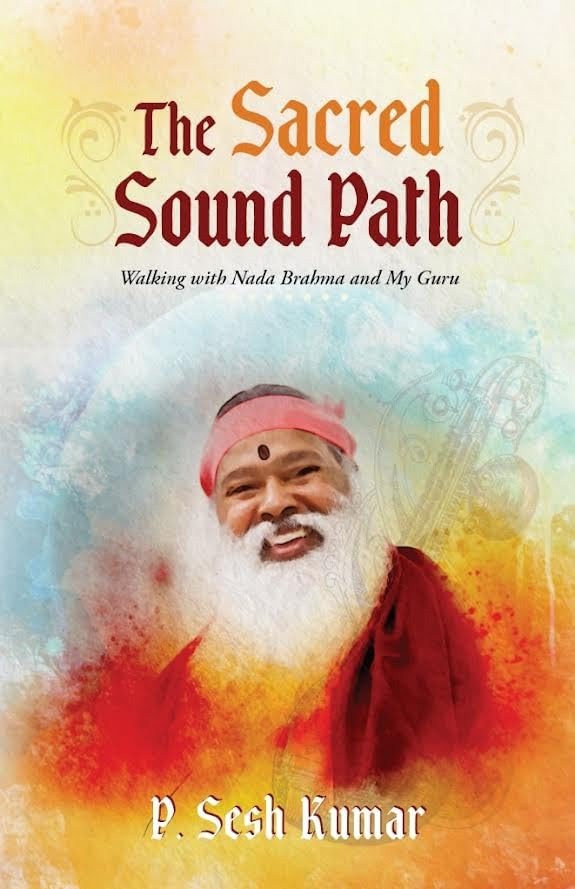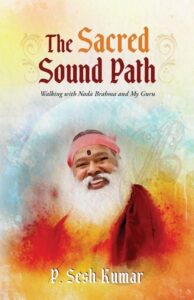Govt can’t control media by danda
Instead of countering the ‘false’ narratives, the government should focus on improving its record of dealing with dissent and criticism
Ramdev Bakshi | March 17, 2021 1:26 pm
That the Narendra Modi government wants to control the media and social media is a truism. What is revealing, however, is the extent to which it is willing to go to attain this goal. Last year, when the Covid-19 pandemic was still in ascendance, it constituted a group of ministers or GoM comprising five cabinet ministers and four junior ministers, according to a report in the magazine Caravan (https://caravanmagazine.in/politics/paranoia-about-digital-coverage-led-gom-propose-media-clampdown-monitoring-negative-influencers). Minority Affairs Minister Mukhtar Abbas Naqvi reportedly pointed out a key objective, “We should have a strategy to neutralize the people who are writing against the government without facts and set false narratives/spread fake news.”
Much has been written about the GoM’s leaked report, in which the illiberal views of ministers and apparently pro-government journalists figure disturbingly. Law Minister Ravi Shankar Prasad was worried that the government’s “core media intervention is not getting enlarged.”
Textiles and Women & Child Development Minister Smriti Irani said, “We should track 50 negative and 50 positive influencers.”
RSS ideologue S. Gurumurthy, one of the “prominent personalities,” wondered “how to handle media hostility, how to bother about mainline media?” There is another gem from him: “News to carry mixture of truth and untruth.”
One of the journalists participating in the deliberations, Nitin Gokhale, reportedly said, “Journalists can be color coded: Green—fence sitters; black—against; and white—who support [the government]. We should support and promote favorable journalists.” After the Caravan report appeared, he denied of having said that though.
Whatever may be the truth about the GoM and its report, it is undeniable that the government is not happy about the bad press it regularly gets. While it is correct that there are some journalists who are doctrinally opposed to the ruling dispensation, it is equally true that the government’s actions are largely responsible for the criticism it attracts from various quarters, including the judiciary.
For instance, the Modi regime didn’t cover itself in glory by charging climate activist Disha Ravi with sedition. A Delhi judge granted her bail, saying, “Considering the scanty and sketchy evidence on record, I do not find any palpable reason to breach the general rule of bail against a 22-year-old young lady, with absolutely blemish free criminal antecedents and firm roots in the society, and send her to jail.”
Apparently, she is not a threat to either the nation or the government. Yet, her arrest, and the ensuing protests, showed the government in a bad light. The plight of a young, unknown girl elicited an editorial in The Washington Post, in which Prime Minister Narendra Modi was roundly criticized. This was a self-inflicted wound.
Ravi is not alone to have faced the government’s ire. Such actions have brought disrepute to the government and the country. The Washington-based think tank Freedom House has downgraded India from “free” to “partly free.”
Instead of countering the ‘false’ narratives, the government should focus on improving its record of dealing with dissent and criticism. Nobody can and should control every soul. The powers that be must realize this truth and act accordingly.































